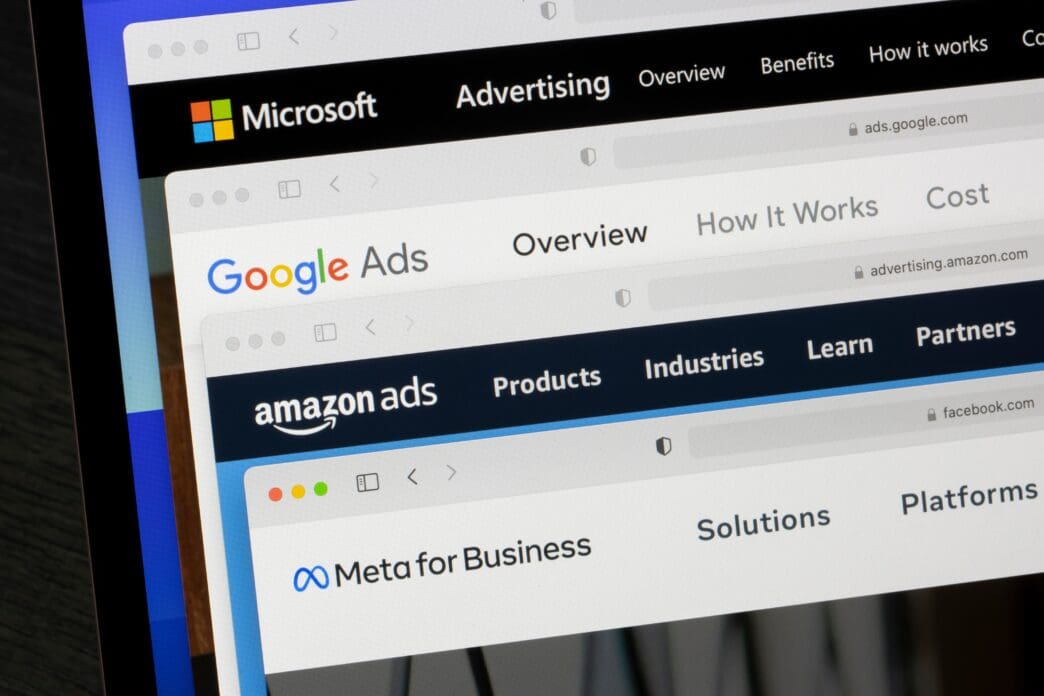Executive Summary
The Story So Far
Why This Matters
Who Thinks What?
Meta, Google, and Microsoft have ceased offering political advertising services across the European Union. This decision follows the implementation of the bloc’s new transparency regulations for campaign ads, which aim to combat disinformation and foreign interference in political processes. The move by the tech giants affects their platforms throughout the EU.
EU Regulations on Political Advertising
The new EU law mandates that all online political advertisements clearly disclose their sponsors and provide detailed payment information. This legislative effort is part of a broader strategy by the European Union to enhance transparency in political campaigning. It seeks to ensure voters are aware of who is funding political messaging they encounter online.
Tech Giants’ Rationale
Industry experts suggest that the withdrawal of political advertising by these major tech companies is a pragmatic business decision. The high costs associated with complying with the stringent new regulations, coupled with the relatively limited revenue generated from political ads, make continued operation in this segment less attractive. This perspective highlights the economic pressures influencing platform policy in response to regulatory changes.
Political Landscape Adjusts
Despite the tech giants’ compliance, reports indicate that some political actors are already exploring potential loopholes within the new regulatory framework. This suggests an ongoing dynamic between legislative intent and efforts to circumvent rules in the digital political landscape.
Implications for EU Political Campaigns
The halting of political advertising by Meta, Google, and Microsoft marks a significant shift in the digital political sphere within the European Union. While reflecting the impact of the EU’s push for greater transparency and accountability, it also underscores the challenges in fully regulating online political communication and the adaptation required from political campaigns.








